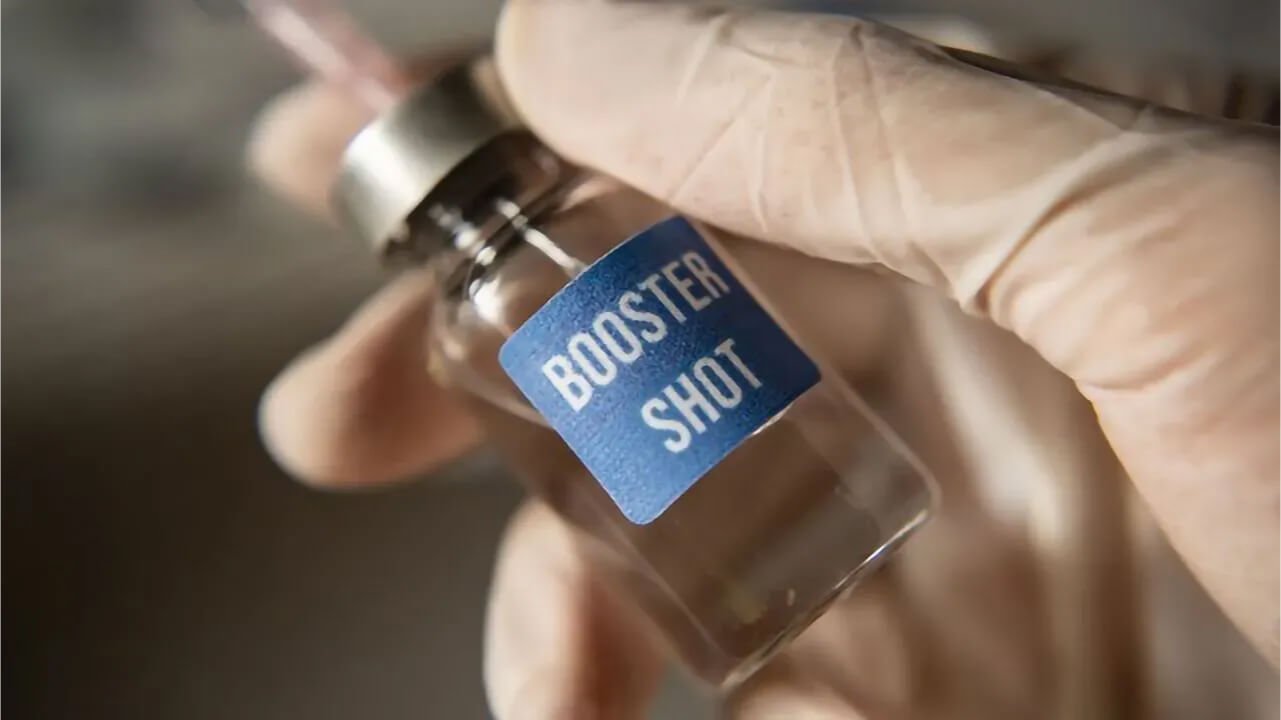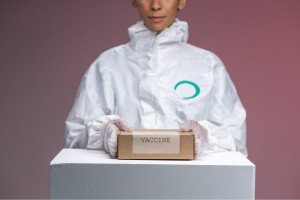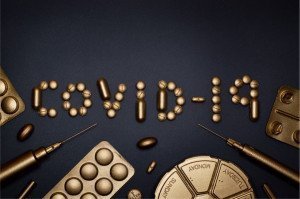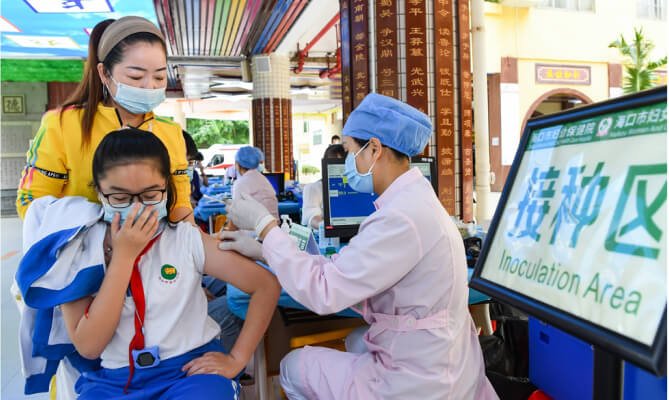
Source: https://www.globaltimes.cn/page/202110/1237372.shtml
The COVID-19 pandemic has significantly affected all aspects of everyone's lives, particularly their healthcare health and safety. The first instance of the virus was discovered in Wuhan, China, in December 2019, and it took another month for some other case to be reported outside of China. Following that incidence, many coronavirus cases began to emerge. People began to be more cautious while going out, and those who work in the medical profession are exhausted due to the many Covid patients they must treat every day.
Viruses are constantly evolving as a result of mutation, and the Covid-19 virus is no exception. New variants are expected to arise. Some variants appear and then vanish. At times, new types survive. Many versions of the virus that causes COVID-19 are being tracked in the Philippines and worldwide during the pandemic. That is the reason why people are getting urged to get a vaccination to protect them from it. Due to the help of medical researchers, they discovered vaccines that might protect people from the severe illness the COVID-19 and its variant causes. It has been quite a while since the vaccination for people aged 18-65 years old started. The study shows that vaccines are effective against COVID-19, and some, from its variants. Because of this, the possibility of vaccination for minors takes place and the additional booster vaccination for adults.
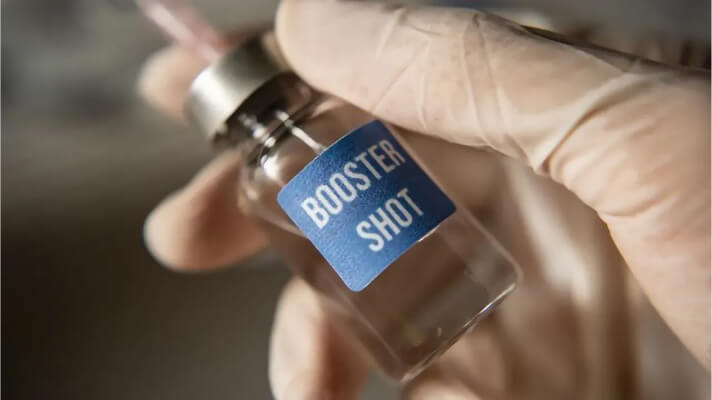
Source: https://www.technologynetworks.com/biopharma/articles/vaccine-booster-shots-353537
The Nationwide Vaccination for Minors
The COVID-19 vaccination for minors is a hopeful development since it protects them from the COVID-19 virus. It may also be an excellent time to evaluate the idea of young pupils returning to regular school after spending two years at home due to the pandemic.
On October 27, 2021, the vaccine czar Carlito Galvez Jr. announced that the COVID-19 vaccination for minors aged 12-17 would fully take place as early as November 3.
For children to get vaccinated, they must submit a consent form document from their parent or legal guardian, as with adults. On the day of their vaccine, minors must be escorted by a parent or guardian. Permission must be obtained from the guardian or parent, and the kid must approve the vaccination. Additionally, the kid must produce a valid identity card or birth certificate. Local government units (LGUs) have begun the pre-registration procedure, however Usec. Myrna Cabotaje said that walk-in vaccine recipients might also be permitted.
In June and September, the Philippines' drug regulators approved the emergency use of the Pfizer and Moderna vaccine for kids ages 12 years old.
Children with comorbid conditions should also get approval from their doctors or other skilled physicians. The DOH stated in a statement released on September 29 that children with comorbidities will be immunized in designated places with physician permission. If children live in remote regions, they will be injected after receiving approval from on-site doctors and following the guidelines outlined in a checklist given by the Pediatric Infectious Disease Society of the Philippines.
Children with any of the 11 comorbidities listed by the Philippine Pediatric Infectious Disease Society are qualified to get a vaccination for minors, the Department of Health has stated.
Autoimmune disorders, renal disorders, metabolic and endocrine disorders, HIV infection, cardiovascular illness, obesity, TB, neurologic disorders, chronic respiratory disease, and hepatobiliary disorders are included in the list.
The Philippine Society of Allergy, Asthma, and Immunology (PSAAI) published a list of side - effects observed in teenagers aged 12-17 years who got doses of Pfizer and Moderna mRNA vaccines. Those observed side-effects are fever, rashes, dizziness, nausea, and slight swelling of cardiovascular muscles. Medical Professionals completed extensive research before suggesting COVID-19 immunization for minors. The FDA has given the Moderna and Pfizer-BioNTech COVID-19 vaccine emergency permission for children aged 5 to 15 years old and full approval for persons aged 16 and above.
The active components in the Pfizer-BioNTech vaccine for kids ages 11 are like those in the vaccination for youth and adults. Kids from 5 to 11 years old, on the other hand, are not eligible for the Pfizer-BioNTech COVID-19 vaccination, which is only available to adults and adolescents. Children aged 5 to 11 years get a dose of Pfizer-BioNTech COVID-19 vaccination that is one-third of the adult dosage. For kids aged 5 to 11, smaller needles created particularly in children are also utilized.
On October 15, 8 hospitals conducted the pilot vaccination drive in Metro Manila. The following Hospitals are Philippine Children's Medical Center, National Children's Hospital, Philippine Heart Center, Pasig City Children's Hospital, Fe Del Mundo Medical Center, Philippine General Hospital, St. Luke's Medical Center (Bonifacio Global City), and Makati Medical Center. Few hospitals were selected for the test run because of the country's low vaccine capacity. However, vaccine czar Carlito Galvez Jr. stated that the vaccination rollout would be widened within 30 days to cover other locations.
There is also a 2nd phase of vaccination for minors which will be held on 24 vaccination sites in NCR starting October 22 namely, Caloocan City North Medical Center, Caloocan City Medical Center (South), Ospital ng Paranaque 1, University of Perpetual Help Dalta System, Ospital ng Maynila Medical Center, Makati Medical Center, Pasay City General Hospital, Fe Del Mundo Medical Center, Ospital ng Makati, Cardinal Santos Medical Center, Ospital ng Muntinlupa, Navotas City Hospital,Valenzuela City Emergency Hospital, Marikina Sports Complex (Amang Rodriguez Memorial Medical Center), Philippine Heart Center, Pasig City General Hospital, St. Luke’s Medical Center – Bonifacio Global City, SM Megamall Mega Vaccination Site,Philippine Children’s Medical Center,National Children Hospital, , Quezon City General Hospital, St. Lukes Medical Center – Quezon City, Philippine General Hospital.
Dr. Roger Tong-an, the Health Undersecretary, emphasized that vaccination for children would be continuously monitored for unlikeable effects following vaccination to safeguard the security of our young patients. "Vaccinating not just adults, but also qualified youngsters following Department of Health laws and standards would provide a safer surrounding for children. The quarantine has stifled their social development. They have been unable to go to an actual school since the outbreak of the Corona Virus, where they are educated on how to engage in social activities and other individuals. Due to constraints, they have been unable to visit with other family and friends. They have been deprived of the physical activity that developing youngsters require. Their mental health may have been impacted as well by the lockout. As such, we strongly encourage qualified children and teenagers to be registered via the procedures established by your institution. As with other vaccinations, it is critical to complete the doses on time. And, most crucially, during a pandemic, adhere to basic public health guidelines to avoid becoming infected with COVID-19 and its variations and infecting others," Usec Tong-an.
Minors must meet the same requirements as adults to receive the Covid-19 vaccine. It is as follows.
- Individuals with non-anaphylactic responses to foods, inhalation hazards or environmental allergies, bugs, leather, or oral drugs are not associated with vaccinations or their components.
- Patients with allergic rhinitis, acute asthma or chronic urticaria, and atopic dermatitis are on and off medication.
- Vaccine recipients who have local and systemic reactogenic events, as well as stress-related symptoms, including syncope, after receiving the first dose of COVID vaccine, may still get the second dosage.
The Department of Health announced on Wednesday, October 27, that around 19,000 minors aged 12 to 17 and with comorbidities have gotten their initial dose of COVID-19 vaccination.
According to DOH, during the first cycle of pediatric immunization in Metro Manila, an estimated number of 18,666 kids with comorbidities were immunized.
According to a healthcare official, a total of 203,357 minors aged 12 to 17 have been immunized against the Covid-19 as of November 8, 2021, since the vaccination for the minor program began over a month ago.
Be informed of the other services available to public. Check out Mobile TIN Verifier and Voter Registration articles.
Booster Vaccination
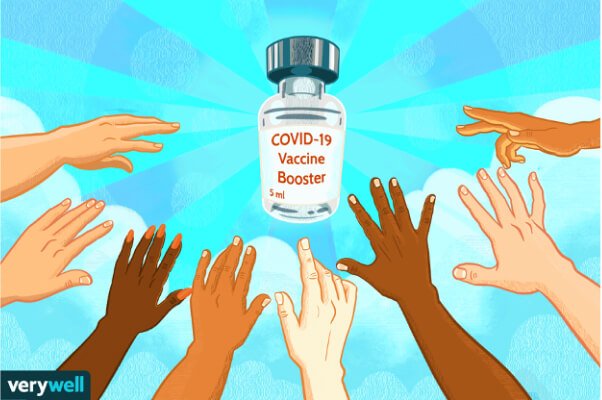
Source: https://www.verywellhealth.com/a-verywell-report-vaccinated-people-boosters-5200770
A COVID booster shot is an extra dose of a vaccine administered after the protection offered by the initial doses has begun to diminish over time. Generally, a booster is issued after the previous dose's resistance has started to reduce. The booster vaccination is intended to help people retain their level of protection for a more extended period.
According to the WHO, booster doses are delivered to an immunized community that has finished an initial vaccination cycle of one or two shots, depending on the brand, and whose immunity and safety have dropped underneath a rate judged adequate in the covered population.
Additional dosages may be required for a particular group to "boost the immune reaction to a suitable degree of efficacy against the illness," according to the WHO.
Before the booster vaccination and extra doses are given out, the Department of Health says a revised emergency urgent authorization from the Food and Drug Administration is necessary. The proposal and first documentation have been sent to the drug regulatory authority, according to health Undersecretary Vergeire. However, the DOH is still verifying the list of brands to petition.
In November, the National Task Force (NTF) Against Covid-19 plans to begin administering COVID-19 booster vaccination doses to targeted sectors. Healthcare professionals, a person with comorbidities, the seniors, and those who were fully immunized between March and May will be prioritized for COVID-19 booster vaccinations this November, according to Secretary Carlito Galvez Jr., the national vaccine representative, in a recorded meeting with President Rodrigo Duterte that broadcasted on October 22, Monday evening.
The Department of Health (DOH) announced Monday, October 25, that Health Secretary Francisco Duque III has authorized an individual panel's suggestion to give COVID-19 booster vaccination. Still, the program cannot be implemented until required documents and standards are received. Covid-19 booster immunization is expected to begin in mid-November or early December.
Booster vaccination can be provided to other targeted sectors such as A3 (people with comorbidities), A4 (economic front-liners), and A5 (poor population) by 2022 if 50% of the industry has completed their vaccines and 70% of the total target population in locations like Calabarzon, Central Luzon, Metro Manila, Davao, Iloilo, and Cebu has been vaccinated, according to the Health Technology Assessment Council.
Because the untimely introduction of booster doses will worsen existing inequities in vaccination supplies, the government claims that this will assure maximal defense for the community.
CoronaVac, also known as Sinovac, and AstraZeneca are authorized to mix and match vaccination brands, according to the HTAC.
Those who have finished their Sinovac shots must have a booster shot from Pfizer or AstraZeneca 6 months after completing their two doses.
The HTAC stated that patients who had Pfizer and single-dose J&J vaccinations could only obtain the same type or kind of vaccination for their boosters.
Those who finished their Moderna shots must be given a Pfizer booster. However, those who had two AstraZeneca doses must be given a Pfizer booster. They can also acquire the same variety as their booster, according to the HTAC.
According to existing research, if you're not in priority groups A1 through A5, there's no need to receive another shot just yet. Two doses of a COVID-19 vaccination are still effective in avoiding severe illness, hospitalization, and fatality where it matters most.
The exact date on which qualifying organizations will receive a booster before the end of the year is unknown. The FDA has received no application to alter the present Emergency Use Authorization (EAU) of vaccinations.
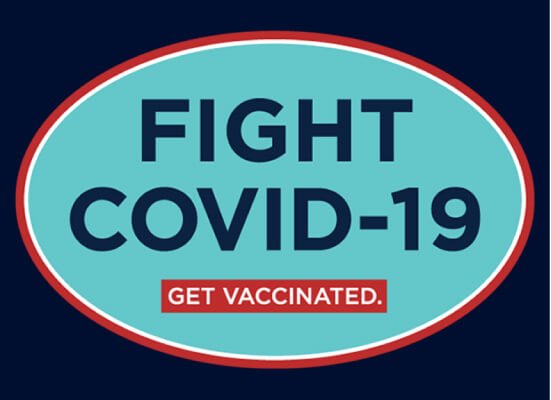
Source: https://health.uconn.edu/coronavirus/covid-vaccine/
One method to protect yourself and your loved ones from the pandemic is to get vaccinated. We must work together and be vaccinated as soon as possible to return to the life we had before COVID-19. The COVID-19 vaccinations work with your immune system to allow your body to combat the coronavirus, including coronavirus variations like delta if you are exposed to it. As the COVID-19 outbreak worsens, obtaining the vaccination is an essential step toward regaining control of your health. The FDA-approved vaccinations can prevent severe COVID-19 disease and death when taken as indicated.
People are hesitant to acquire the COVID-19 vaccination for various reasons, ranging from personal beliefs and anxieties to practical issues traveling to vaccination locations. However, delaying vaccination for too long permits the coronavirus to continue circulating in the population, resulting in new variations. COVID-19 can be pretty harmful. Thus, being vaccinated as soon as possible is essential.
Lessandra Blog is a compilation of lifestyle, community, and home-related articles. For real estate investment and tips on how to buy house and lots in the Philippines, visit Lessandra’s Lifestyle and Home Investments section. To know more about quality and affordable house and lots in the Philippines, give the property listing section a visit. Live in best, live in Lessandra.

